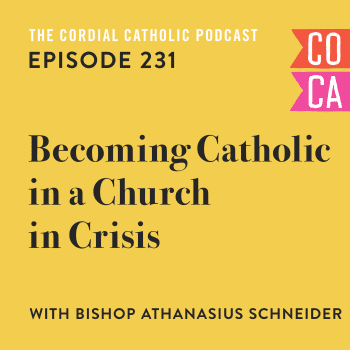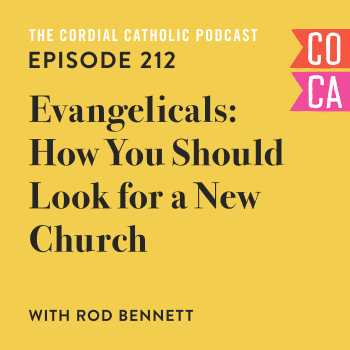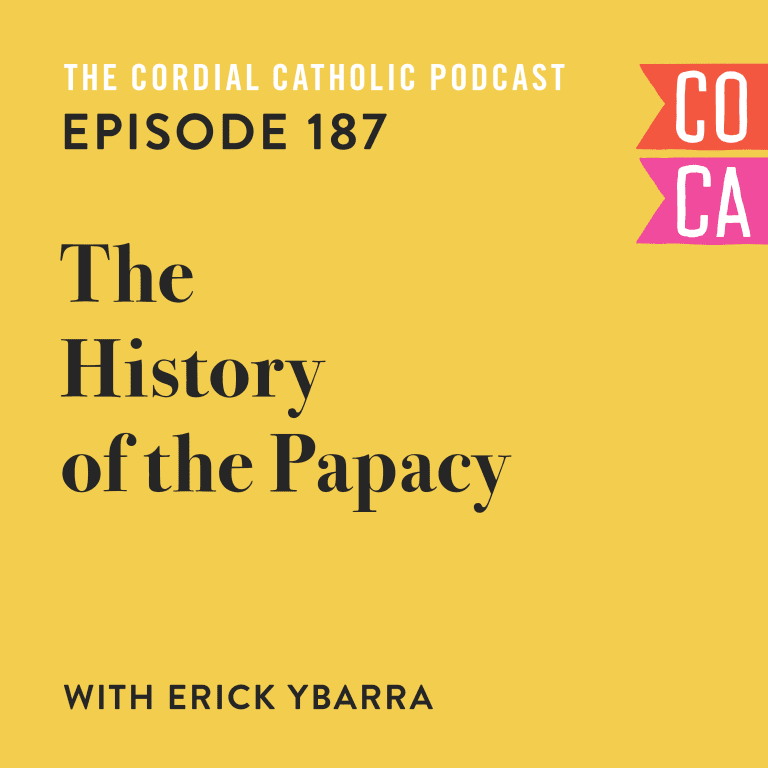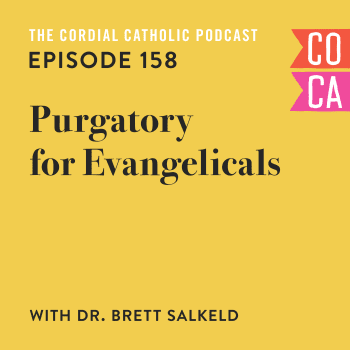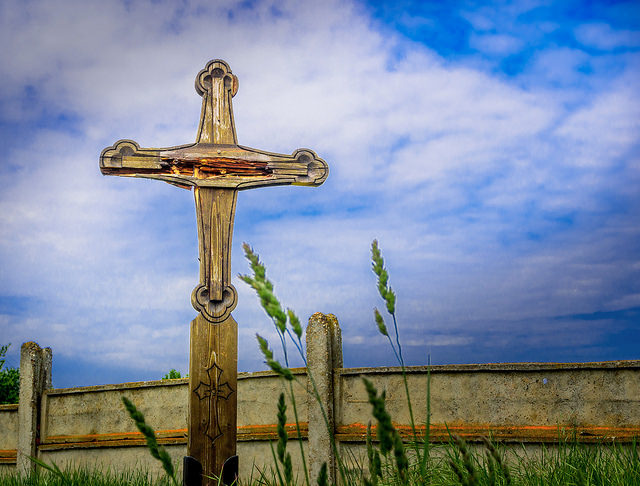
I remembering sitting in the pew at my non-denominational church one Sunday morning following a massive global catastrophe, and stewing.
I was stewing because the service had ended without even a single mention of the massive disaster, a disaster which had taken, at that time, countless lives. A disaster that the world was reeling from; which plastered the covers of the Sunday papers, which filled my Twitter and Facebook feeds, and which took up, of course, every inch of airtime on the major 24-hour news networks.
Talking heads must talk.
But I was stewing because our non-denominational church is otherwise incredibly connected to the world. We run a very robust outreach program for new immigrants, we have missionary connections around the world, and we’re culturally, ethnically, and socially quite diverse (and we celebrate it).
But no one mentioned the tragedy.
Nowhere in our prayers that morning, in the pastor’s lengthy sermon, or even in the form of a tiny blurb in the bulletin—“Hey, keep this tragedy in your prayers.”
Nothing, and I was mad.
Because, in my opinion, the Christian Church (and I use a big ‘C’ now) must speak out about issues like major catastrophes. The Church must muster all of its prayer power, all of its well-intentioned Christian love, and it must be Jesus in these sorts of situations. The Church has that obligation.
Last week, Pope Francis released his first encyclical, Laudato Si—I’ve been reading through it, and I suggest you do likewise.
The papal document, which bears much weight for Catholics, has been received with mixed reviews from downright incredulity, “What does the Pope know about climate change?” To wholesale enthusiasm, “Finally! A Christian speaking out for the environment!”
As a relatively new Catholic, a convert from Evangelical Protestantism, I think I can bring a fresh perspective on exactly why I think the Church must speak to issues like the environment. And why Laudato Si, in our current cultural climate (pun intended), is so profoundly important.
The Integrated Christian Life
The Christian Church has an obligation to speak out about social, moral, and yes, even environmental issues because we, as Christians, believe in the integrated Christian life.
Plain and simple, in my opinion.
As a Christian, my faith permeates and informs every aspect of my life. From the company I keep, to the decisions I make, to the way I drive, my life should be deeply informed by my faith.
Of course, I fail. We all do. If I truly took the time to examine all of my decisions from the perspective of my Christian faith there are all sorts of things I would be doing differently. How can I, for example, wear clothes made by a child in India who isn’t making a fair wage (and who is being exploited for their labour). I couldn’t, as a Christian, and neither could you (I suspect). But I often just don’t think about it, and that’s wrong.
So we fail.
But we ought not to; we ought to strive for a better, more integrated Christian life. And that’s exactly why the Catholic Church, and Pope Francis as its head, has a duty to speak out about contemporary issues.
We are not Christians in one part of our lives and gas-guzzling nature-haters in another. We Christians need to make our decisions informed by our faith.
Speaking to “New Things”
In the early days of my journey into the Catholic Church, I watched a debate between a Catholic priest (the indomitable Fr. Mitch Pacwa) and a Protestant Pastor. For his closing argument, the pastor wheeled a suitcase up onto the stage and proceeded to unload a small library onto his podium.
“This,” he triumphantly proclaimed, “is everything you need to know to be a Catholic.”
Taking his Bible in his hand he then said, “And this is all you need to know to be a Protestant.”
Visually, the comparison was striking.
Catholics are governed by a mountain of memorandum (indeed it teetered precariously as he spoke) while Protestants live, simply, on the Bible alone.
But Fr. Pacwa was not perturbed by the theatrics and without missing a beat he replied, “But aren’t there new things for the Church to speak out about?”
Yes. Yes, there are.
Fr. Pacwa’s point applies here too. The environment is something new for the Church to speak out about. As Pope Francis explains in the encyclical itself, we were taught all about creation, from the Bible itself, but we lost the thread—we lost the narrative, we forgot what it meant to be caretakers of the planet and we’re letting it all go to pot.
Pope Francis writes,
“An inadequate presentation of Christian anthropology gave rise to a wrong understanding of the relationship between human beings and the world.” (116)
The Bible speaks amply about creation but if we miss the point—and, look around, we certainly have—the Church must take a role in reminding us, lest we forget and run asunder.
Living as a Christian (in 2015)
What will be the enduring wisdom of Pope Francis’s Laudato Si is that it does both of these things well.
Francis speaks to the environment’s integral part of the Christian life while, in tandem, addressing how living in a Christian in this day and age ought to reflect certain values and choices.
Critics will, and have, panned Laudato Si as the Church straying too far into a territory where it has no right be stray: What does a Pope know about the environment?
But a question like this is missing the point.
Rather, we should ask, what does the Pope know about being a Christian in 2015?
The Church must speak to a myriad of issues and cannot remain silent because the Church is what Jesus left for us to help us understand how to live. Because new concerns like global warming will inevitably emerge over the course of two-thousand years and we need concrete, faith-filled direction.
Because, for those interested enough to read Laudato Si (and it’s thankfully highly readable), you’ll find a document rich in Christian teaching. From the perils of our technocratic society (technology is not neutral; people want to make money) to the inherent sacredness and dignity of human life (all life is sacred, even the unborn) to the problem with our wasteful habits and culture (nature cries out!).
As an Evangelical Protestant I sat in church that one Sunday morning stunned because not a word was mentioned about something I felt the Christian Church should be speaking out about. Later that same day, at Mass, and at every Mass across the face of the whole world, we prayed, in the Prayers of the Faithful, for all those impacted by that very same catastrophe.
Because Pope Francis, as the head of the Catholic Church, informed his bishops of a new issue to speak out about, and to pray for. And the Church assembled, and reacted.
As Christians, there are topics which we need to firmly wrestle with, on a daily basis, if we’re going to live truly integrated lives (as we’re called to do) and if there’s anything—anything at all—that Pope Francis has a “right” to speak about it’s undoubtedly this: how to live as a Christian.



